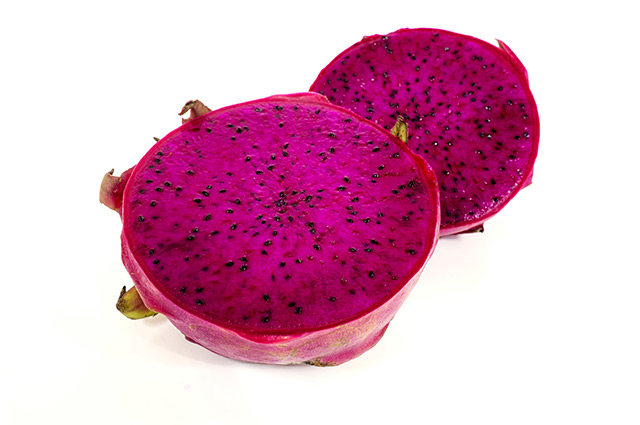Another great reason to drink ORGANIC, Fair Trade coffee: It decreases your risk of heart disease
07/19/2017 / By Rhonda Johansson

A 16-year-long multinational cohort study concluded that moderate consumption of coffee decreased the risk of developing heart disease, regardless of its preparation. Authors of the study concluded that adults who consumed three cups of freshly-brewed coffee were less likely to die of stroke or any form of liver or heart disease. Men showed an 18 percent reduced risk and women displayed an eight percent reduction. Interestingly, this effect was evident across all preparation levels, be it decaffeinated or not. This prompted the researchers to conclude that there are other factors apart from coffee drinking that could be playing a role in overall health.
Scientists from the International Agency for Research on Cancer (IARC) studied the potential relationship coffee consumption may have on mortality on around half a million adults aged 35 and over across 10 European countries for around 16 years. Each year, participants were questioned on their diet, general lifestyle, and caffeine habits. External factors were statistically adjusted for, including behaviors such as smoking and exercise. The team found that, contrary to popular belief, consuming three cups of coffee daily proved beneficial to overall health. Adults who drank coffee were found to be generally healthier, although the researchers could not determine whether this was because of the coffee itself.
Marc Gunter, who led the study, said on BusinessInsider.com, “these results were similar across all of the 10 European countries, with variable coffee drinking habits and customs. Our study…offers important insights into the possible mechanisms for the beneficial health effects of coffee.”
The researchers found that while coffee drinkers tended to be younger, smokers, alcohol drinkers, and consumed more red meat with less fruits and vegetables, they also displayed healthier livers and glucose function. This meant that regular coffee drinkers were better able to process sugar in their body compared to non-coffee drinkers.
“We found that drinking more coffee was associated with a more favorable liver function profile and immune response,” Gunter added. “This, along with the consistency of the results with other studies in the U.S. and Japan, gives us greater confidence that coffee may have beneficial health effects.”
This new study builds on previous research on the health benefits of coffee. Another study published in the Annals of Internal Medicine indicated that consuming a few cups of coffee every day decreased the risk of death, regardless of ethnicity. Consuming one cup of coffee a day lowered the risk by 12 percent while drinking two to three cups a day decreased chances of natural death by 18 percent.
Veronica Setiawan co-authored this study and told TheGuardian.com, “we found that coffee drinkers had a reduced risk of death from heart disease, from cancer, from stroke, respiratory disease, diabetes, and kidney disease.” (Related: Natural coffee compound can prevent Alzheimer’s disease progression.)
For both studies, it was concluded that coffee needed to be fresh and organic in order to receive the full health benefits. Ground, instant coffee would not provide the same effects, as most of these are filled with processed sugar. Another general conclusion for both studies is that more research needs to be made to truly determine the impact coffee has on health. Setiawan cautioned in her report, “this is an observational study. We cannot say, OK, [if] you drink coffee it is going to prolong your life.”
This was supported by Gunter, who said, “I wouldn’t recommend people start rushing out drinking lots of coffee, but I think what [our new study] suggests is that drinking coffee certainly does you no harm. It can be part of a healthy diet.”
Read more stories like this when you visit Nutrients.news.
Sources include:
Tagged Under:




















